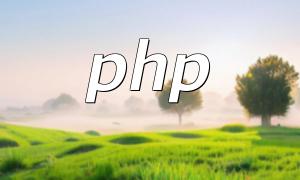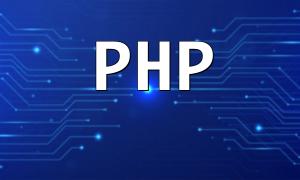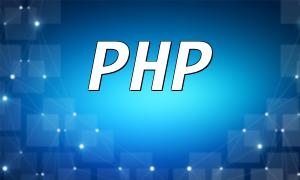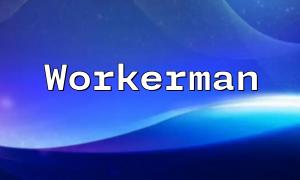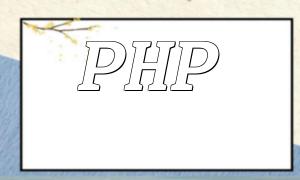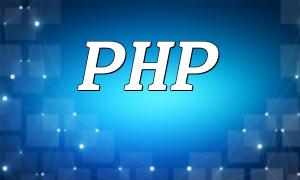How to Develop an Efficient PHP Website
With the rapid development of the internet, PHP has become one of the most important technologies for website development. Creating an efficient PHP website not only improves user experience but also boosts site response speed and overall performance. In this article, we will share some optimization tips for improving the efficiency of PHP websites.
Optimizing Code
When developing an efficient PHP website, optimizing the code is a crucial step. Here are some common optimization methods:
- Choose the Right Framework: Select a PHP framework that fits the project's requirements, such as Laravel or CodeIgniter. Using a framework significantly enhances development efficiency and code quality, providing many built-in optimization strategies.
- Avoid Redundant Database Queries: Minimize database query times by utilizing caching mechanisms, like Memcached or Redis, to store frequently accessed data and reduce repeated queries.
- Use Database Indexing Properly: Creating the right database indexes can dramatically improve query performance. Consider the type of queries and data size when deciding which fields to index, but avoid over-indexing as it can slow down insert, delete, and update operations.
- Optimize SQL Queries: Reduce database load by using JOINs instead of multiple queries or batch operations instead of individual queries.
- Avoid PHP Pitfalls: Avoid overusing global variables and magic methods in PHP, as these can negatively impact performance.
Optimizing the Server
Server configuration optimization is also essential for improving website performance. Here are some key recommendations:
- Configure the Server Environment Properly: Choose the right operating system and web server, like Linux and Nginx, and adjust parameters like maximum connections and buffer sizes to ensure efficient server performance.
- Use Caching: Cache static files (such as images, CSS, and JS files) on the server, or use caching servers like Varnish or Nginx to speed up static file delivery.
- Enable HTTP Compression: Enable Gzip compression to reduce data transfer size and improve website loading speed.
- Use a CDN: Content Delivery Networks (CDN) accelerate static resource loading by caching files at multiple locations, allowing users to access resources from the nearest server.
- Load Balancing: Use load balancing to distribute traffic across multiple servers, improving website reliability and stability.
Front-End Optimization
Front-end optimization not only boosts page load speeds but also greatly enhances user experience. Below are some front-end optimization suggestions:
- Reduce HTTP Requests: Combine multiple CSS and JavaScript files into a single file to reduce the number of requests made by the browser.
- Use Caching: Set appropriate browser caching strategies so that static resources are cached in the user's browser, reducing repeated requests to the server.
- Compress File Sizes: Use compression tools to minify CSS and JavaScript files, reducing their file sizes and improving load speeds.
- Optimize Images: Use suitable image formats (such as WebP) and compression techniques to reduce image sizes and further minimize page load time.
Conclusion
To develop an efficient PHP website, it's essential to optimize code, configure the server correctly, and focus on front-end performance. By choosing the right PHP framework, minimizing database queries, and optimizing SQL queries, you can significantly improve website response time. At the same time, optimizing the server environment, using caching, and implementing CDNs will accelerate static resource loading and improve overall performance. Front-end optimizations like reducing HTTP requests, compressing files, and optimizing images are also vital for enhancing user experience.
By considering these various optimization factors, you can develop a fast, stable, and high-performance PHP website.
